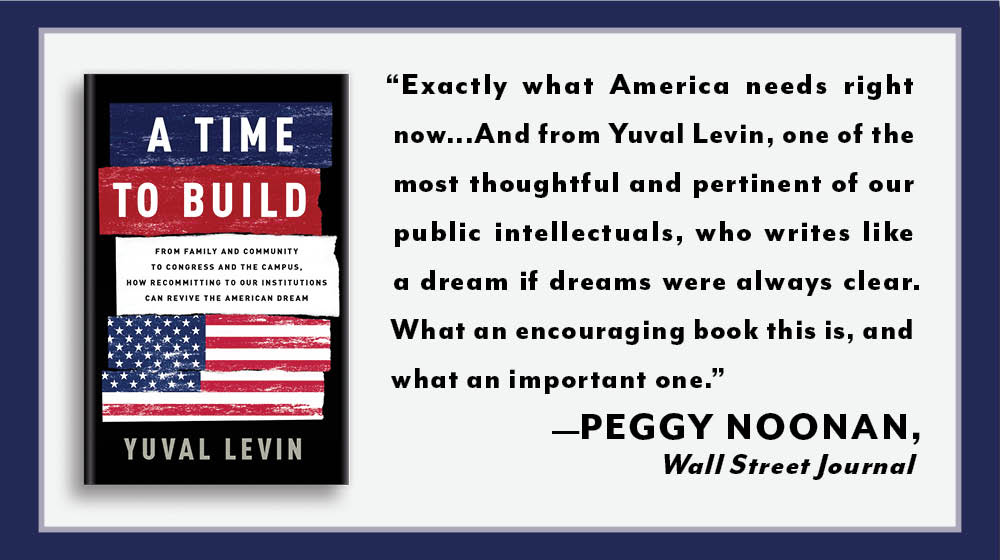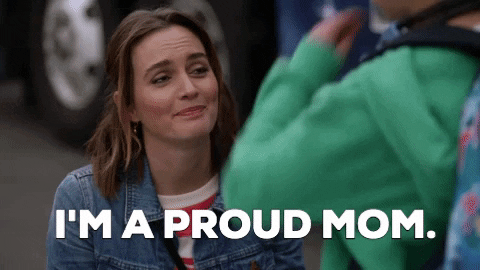One More March Through the Institutions
We've experienced about 60 years of a slow withdrawal of liberalism from our institutions. Now is a good time to take another pass.

The last several weeks have laid the state of our culture bare for all to see. The most relevant challenge we seem to be having, which to the uninitiated may be surprising, is that there seems to be a series of failures which accompany the political activities of many involved: failures of analysis, failures of compassion, of nuance, of knowledge of history, and many others.
The reason this shouldn’t be surprising is that the modern philosophical grounding is not a “liberal” one. We think of the folks that are marching (amongst other things) as “liberal.” Truthfully, though, there is little evidence that this is actually the case. That is, it can’t be the case if words actually mean anything.
Calling the current trends (riots, “cancel culture,” iconoclasms… all of it) “Progressive” would also be problematic, as any real discovery of the history of that movement should make clear. What we have here is something real, and something pernicious and dangerous to all of us in the long term: nihilism.
The source of that nihilism is actually a product of decades of the “long march through the institutions” for the purpose of phasing out the uncomfortably religious, and phasing in something different: the new religion of secular-humanism.
It’s taken the last decade for the challenge at hand here to make its way from college campuses — as many have been screaming at the top of our lungs about since the beginning — to our newsrooms and media corporations, sports teams, and seemingly everywhere. But it’s here.
Instead of discussing what the modern movement actually means philosophically, it could be a good idea to talk more about what it means practically, but just one tiny note on the philosophy at play: This latest religion — for there isn’t a better way to describe it — replaces the old one, which had a focus on virtue and justice, and replaces it with one that is focused like a laser on only one thing: POWER.
Practically, though, the issue is one of purpose and culture, in that we have slowly begun to change the way that we relate to our communities, governments, and our neighbors. This is most evident in the way in which our institutions are changing. A recent book by Yuval Levin does the best job I’ve seen of laying out the difference in how we treat these institutions now versus how we used to treat them. It’s not that the institutions have been “taken over” by evil left wingers. Even though in some cases that could be true, many parallel institutions are often created in response for those who don’t feel at home at the NYT or Yale. We have a few decades of the institutions of higher learning and media and journalism being complete bifurcated into camps. That all by itself is troubling, and amplified by the silos created by social media.
More problematic, though, according to Levin’s book, “Time to Build,” is the fact that we are treating our institutions differently. We view our schools, our employers, our communities, and our civic groups not as formative institutions, but as performative ones.

It starts with K-12 schools, where there is a graduation ceremony as often as we can rationalize it, and ample opportunities to have our children display how great and inspiring they are. The “proud mom” (and dad, but what does that mean really?) thing has become a fundamental driver. We want our kids to be good kids, but we seem to want more than anything to film them doing something impressive and show everyone what kind of blessing they are to their school, as opposed to humbly letting the school mold them. Many experienced teachers will tell you that just twenty years ago a meeting between teachers and parents was the parent and the teacher teaming up to instruct and improve the student. These days it’s very often the teacher being ganged up on by the parent and the student; because many parents’ view is that their precious child, though tangentially at school to learn, is mostly there to show how great and special and gifted they are, and to have those gifts cultivated to boost and maintain their self esteem.

This goes on through to the aforementioned universities where students are not challenged on their worldviews, but instead told that their views need not be challenged, and then they are given the keys to the kingdom and tasked with making the university less… racist, or colonialist, or … something. Inevitably it finds its way to their first employers after college, which they view as stepping stones to move on and make their mark on the world, instead of a time to build their skills and become worthy of making that mark.
Case in point is this recent Harvard graduate’s rant on TikTok getting her fired, followed by a rant lighting up Deloitte for firing “somebody who’s going to make an indelible change in the world and is going to have an impact.” It’s tragic what’s happened to her so early in her career, but an ounce of humility and understanding of her role as a new employee of an institution of value would have gone a long way.
Now look at Congress, and think of it (and all that we can’t stand about it now) as performative instead of formative. Its current state makes a lot more sense as a way for people to show off how great they are, when at one time it was a humbling form of public service. And we wonder how an obvious performer made his way into the White House.
Now imagine if all these institutions were actually forming and making the members of them to be better human beings, instead of being used to prop up the members.
There is a lot to be said about the best ways to accomplish this restoration, but the first order of business is realize that the problem is not simply a political one. It is indeed a cultural one, and we can start by doing the little things which improve the way we expect our families, schools, civic organizations, churches, marketplaces, newsrooms, and media to relate to us. Most importantly we must assume that part of their role is to change us, not simply for us to change them.
If not, then the only institution left to help make us into loving, caring, mature people is — you guessed it — government. Since government is literally the institution least suited to effectively do this, this is the quickest path to tyranny possible, and of course this path is almost always accompanied by cries against tyranny. This “flattening” of our society takes many forms. Perhaps the most relevant one at the moment is the rush to remove any statue standing which might offend someone, with no knowledge of the subject or source of the statue. This is not only literally flattening the world, it is almost completely performative. Its purpose is to look like we’re doing something, and “changing the world” as opposed to building up and improving ourselves (which is always the first step to legitimately making positive change).
The most salient result of not taking on this task of restoring our institutions is a continued unraveling of trust in them, which have become twisted into a lack of trust in our own minds and value as human beings. There are some sad stories and reasons to be doubtful about our chances here, such as the unravelling of the Boy Scouts into something less and less formative and relevant (personally sad for me, given it was one of my more substantive formative institutions), and there is scant evidence that our “leaders” in the Gray Lady or Congress are geared towards helping us make these changes. There are, however, some bright spots in alternative media. For years the “Intellectual Dark Web” has become a mainstay of real thinkers from all over the political spectrum reinvigorating a culture of sound debate and rhetoric. More recently, The Dispatch, Persuasion, and even the rather quirky Blocked and Reported podcast are all beginning to emerge as a “liberal center” where we can begin to restore (at least in the media and information institutions) the “Great Conversation” where even vehement disagreements can be managed with compassion and reason. It’s possible with all the disruptions of Covid-19 that the education establishment will experience some healthy skepticism and possibly even some severe restructuring. Time will tell.
In the meantime, Levin implores us all to ask the following question in regards to any role we take on, as citizens, students, business owners, board members or even elected officials: “Given the role that I have as ______ how should I behave?” That question alone could help all of us become better contributors to the institutions that we’ve become a part of (including, of course, our country as citizens), and more accountable to ourselves and our neighbors, and humble enough to let the responsibilities mold us into better people. Those institutions in turn can better support our communities and country, which will make it a lot easier for those that are in need of serious reform (from police departments to schools) to get just that.

